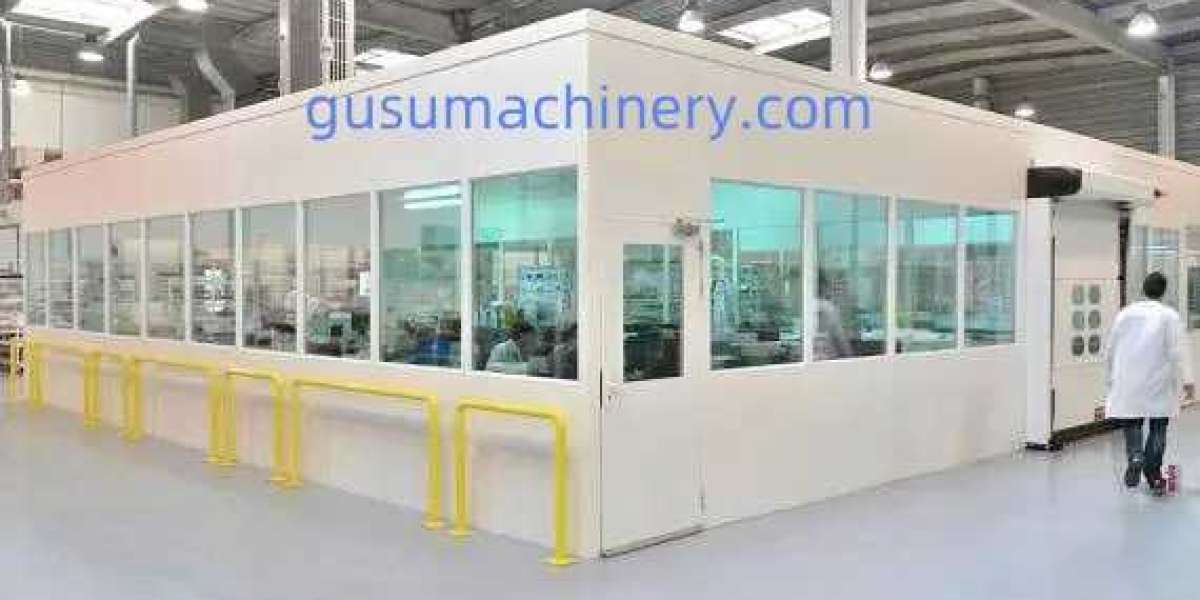Introduction
The Fuel Cell Market is emerging as a cornerstone of the global clean energy transition, offering efficient and eco-friendly power generation across industries. Fuel cells convert chemical energy directly into electrical energy through an electrochemical reaction, primarily using hydrogen. As the world moves toward decarbonization and zero-emission targets, the adoption of fuel cells in transportation, stationary power, and portable applications is accelerating.
Market Drivers
Key growth drivers include increasing demand for clean and efficient energy systems, government incentives for hydrogen-based technologies, and growing adoption of fuel cell vehicles (FCVs). The surge in renewable hydrogen production, advancements in proton exchange membrane (PEM) technology, and rising focus on energy diversification are fueling market expansion. In addition, fuel cells offer superior energy efficiency and lower emissions compared to traditional combustion engines, making them ideal for next-generation mobility and distributed power systems.
Market Challenges
High production costs, limited hydrogen infrastructure, and storage challenges remain significant barriers. The durability and performance of fuel cells under varying operating conditions require further improvement. The lack of large-scale hydrogen refueling networks limits widespread adoption in the automotive sector. Moreover, dependency on rare and expensive materials like platinum adds to cost concerns.
Opportunities
The rise of green hydrogen, supported by large-scale investments and government policies, offers tremendous potential for the fuel cell market. Expansion in heavy-duty transportation, marine, and aviation sectors presents new opportunities. Integration of fuel cells with renewable power sources can also support off-grid applications and microgrids. Technological innovation in solid oxide and alkaline fuel cells is expected to reduce costs and enhance performance, opening new avenues for industrial and residential energy systems.
Regional Insights
Asia-Pacific, led by Japan, South Korea, and China, dominates the market due to strong government backing and active deployment in vehicles and stationary systems. North America is advancing rapidly with hydrogen hubs and clean energy initiatives in the U.S. and Canada. Europe’s hydrogen roadmap and decarbonization goals are driving investments in fuel cell infrastructure, particularly in Germany and the Nordic countries. Emerging economies are also showing interest in distributed energy solutions based on fuel cell systems.
Future Outlook
The Fuel Cell Market is projected to grow exponentially as hydrogen becomes the centerpiece of global clean energy strategies. The shift toward renewable hydrogen production and cost reductions in fuel cell manufacturing will enhance competitiveness. Over the next decade, fuel cells are expected to play a vital role in achieving net-zero emissions targets across transportation and power sectors.
Conclusion
The Fuel Cell Market represents the future of sustainable energy, combining innovation with environmental responsibility. As infrastructure improves and technology matures, fuel cells are set to become a mainstream power solution, reshaping the global energy landscape.






